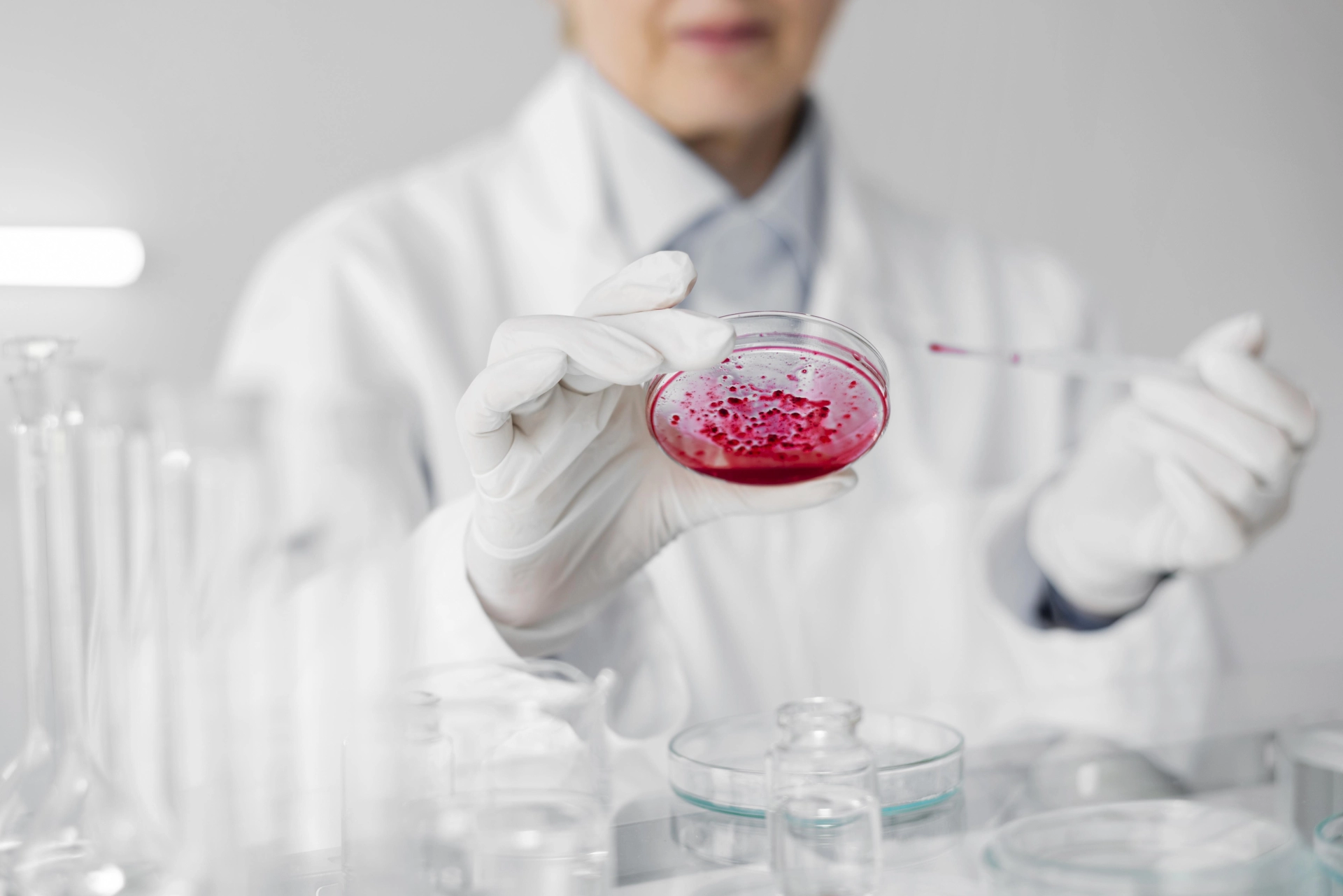Anti-Müllerian hormone (AMH) is a protein substance that is produced in the body of both men and women.
Main functions of AMH
In women
, AMH is synthesized by cells in the ovaries and reflects the quantity and quality of eggs, meaning it is an important indicator of reproductive health. In women, the level of anti-Müllerian hormone shows:
• ovarian reserve—the number of maturing follicles and potential eggs.
• the probability of successful conception naturally or with IVF.
• the onset of fertility decline (AMH levels decrease with age).
• possible disorders, for example, polycystic ovary syndrome (PCOS), in which the hormone level is higher than normal.
In men
, the hormone plays a role in the formation of the reproductive system during the prenatal period. In men, AMH is responsible for the proper formation of the reproductive system in the fetus and is used in the diagnosis of certain developmental and reproductive disorders.
When the analysis is prescribed
The anti-Müllerian hormone test is recommended in the following cases:
• Fertility assessment and pregnancy planning.
• Selection and monitoring of assisted reproductive technology programs (for example, IVF).
• Suspicion of premature ovarian failure or PCOS.
• Evaluation of ovarian function after surgery, chemo-, or radiation therapy.
• Diagnosis of sexual development disorders in boys.
Normal and abnormal levels
A high level of AMH may indicate PCOS or delayed puberty. A low level of AMH is most often associated with a decrease in ovarian reserve, the onset of menopause, or premature ovarian failure. It should be taken into account that the results of the analysis are always interpreted in conjunction with other studies and the clinical picture.
How the study is conducted
Blood is taken from a vein for the analysis. No special preparation is required, but it is recommended to take the test in the morning and on an empty stomach.
Why it's important to take an AMH test






